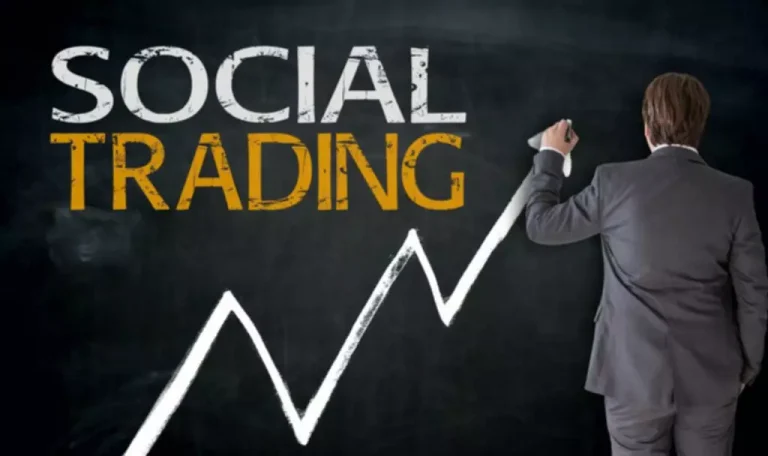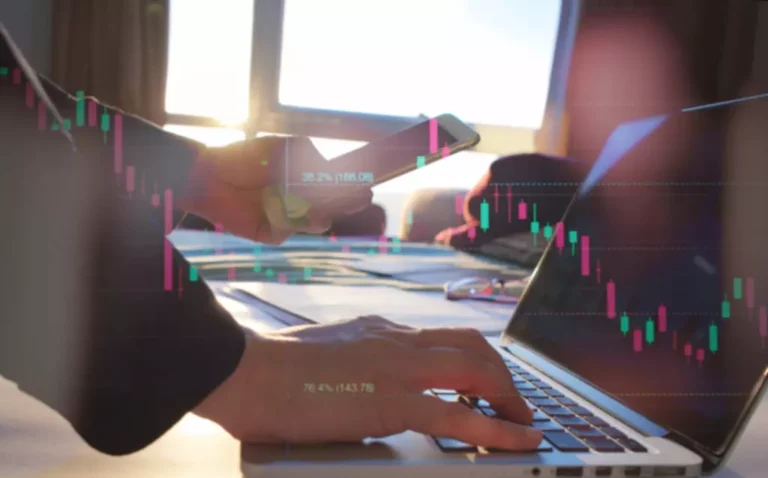Investors are usually more concerned with market fundamentals, similar to price-to-earnings (P/E) ratios and administration forecasts. Unit-Linked Insurance Plans (ULIPs) offer a unique mixture of investment and life protection. They present the opportunity to spend cash on quite so much of market-linked funds while also providing life insurance protection. ULIPs are ideal for these trying to grow their wealth by way of investments whereas making certain financial safety for their family members. But merchants can earn prompt earnings solely once they make the right decisions, and the market additionally performs accordingly.
Whether you should choose investing or buying and selling would depend on a selection of circumstances, such as your risk tolerance, goals and the way a lot time and money you are keen to commit. So, if you’re interested in understanding the differences between trading vs investing, then the next section is for you. The information herein is common and academic in nature and should not be thought of legal or tax advice. Tax laws and rules are complex and topic to change, which might materially impact funding outcomes. Fidelity can’t assure that the information herein is accurate, complete, or timely. Consult an attorney or tax skilled regarding your specific state of affairs.
- Both conditions contain recognizing offers and timing your actions to make money in trading vs inventory market.
- The choice between investing and buying and selling boils down to your threat tolerance and pace expectations in your capital to grow.
- Also, the shopper is requested to seek tax recommendation from his Chartered Accountant or personal tax advisor with respect to his personal tax liabilities under the Income-tax regulation.
- Margin buying and selling entails larger threat, including, however not restricted to, threat of loss and incurrence of margin interest debt, and isn’t appropriate for all investors.
- That’s as a outcome of buying and selling requires consistent monitoring of the markets and a better understanding of how belongings and markets work.
Although these phrases are typically used interchangeably, trading and investing usually are not the identical factor. Trading entails shopping for and promoting assets (such as stocks) for short-term features. Traders primarily give attention to share prices as they make their selections. Investors, on the opposite hand, concentrate on long-term features when they purchase and promote investment vehicles.
Hdfc Life Click On 2 Achieve
This info is intended to be academic and isn’t tailored to the investment needs of any particular investor. Get our industry-leading funding analysis, and put our research to work. Traders may think that they’re being artful by ducking and dodging, however they usually miss the market’s biggest days as a outcome of they’re out of the market or only partially invested. In 2020, Tesla returned over 743% vs. a lack of practically 92% for beleaguered Hertz while the S&P 500 total return was over 18%.
While energetic investing looks as if it might be the consistent winner, analysis shows that passive investing tends to win the overwhelming majority of the time. A 2018 examine from S&P 500 Dow Jones Indices reveals that 63 % of fund managers investing in massive companies didn’t beat their benchmark index in the previous 12 months. And over time solely a handful could achieve this, with ninety two percent of the professionals unable to beat the market over a 15-year interval. Active investing is a method that tries to beat the market by buying and selling out and in of the market at advantageous occasions. Traders attempt to pick the most effective opportunities and avoid falling stocks.
What’s Trading?
Tax implications Almost anytime you earn a revenue, Uncle Sam desires his minimize. The identical is true with investing and buying and selling, although investing might help you pay less in taxes.
Long-term investing, meanwhile, most often takes a set-it-and-forget-it mentality. By buying a diversified fund or mixture of investments, investors may find a way to benefit from the historic long-term returns of the stock market with little effort. Stock selecting and actively trading on your accounts is a really totally different technique compared to long-term investing. Investing is a time-tested strategy to build wealth gradually and steadily. It includes placing your cash into varied property, expecting the worth to extend over time. You can put money into stocks, bonds, mutual funds, actual estate, gold bonds, and different avenues.

Having an curiosity within the markets and shopping for and selling shares is not a nasty factor in general. It only poses a threat when individuals risk an extreme amount of and put their financial position in jeopardy. Unlike investing, trading requires a substantial quantity of time, effort, understanding of the markets, and research. Many traders are experienced and have a higher sense of how the markets work.
Trading Vs Investing: Key Differences
Stock trading is a classy artwork of finding short-term mispricings out there costs and capitalizing on them. Traders make short-term positions in shares that range from seconds to months. In the words of Warren Buffett, ‘If you don’t find a way to make money when you sleep, you’ll work till you die.’ When you purchase a stock with a long-term horizon, it’s referred to as investing. As the company grows, the value of your investment also grows. Your investment grows even when you’re on a break, having fun with your holidays. Managing money primarily based on longstanding funding ideas creates alternatives for monetary projections because the range of future outcomes is much less opaque.
Investors seek to develop their capital with out having much concern over the timeframe for this to happen whereas traders seek bigger quick term returns. The alternative between investing and buying and selling boils down to your risk tolerance and speed expectations in your capital to grow. Unlike investors, merchants have a short-term time horizon in thoughts whereas executing their trades.
Investors could go brief solely by way of selling assets they already have, or through inverse ETFs. The major difference between investor and dealer is that an investor invests for the long run whereas a trader seeks to earn income in a brief period of time. Just like how shoppers reap the benefits of Black Friday sales to buy objects at lower costs is a classic example of inventory market trading. Therefore, the inventory market merchants look for opportunities where they’ll buy stocks at decrease costs and sell them when their worth goes up. Both conditions involve spotting deals and timing your actions to generate income in buying and selling vs inventory market. The difference between buying and selling and inventory market helps traders to commerce effectively.

Do you understand the difference between a excessive speed race vs marathon? Yes, that’s precisely the difference between investments and buying and selling. Imagine buying and selling as a high-speed race, the place quick selections and fast movements lead to short-term gains, while investing resembles a marathon, with a focus on long-term progress and the power of compounding. By now, you must’ve gathered a basic understanding of trading vs investing. Therefore, let’s explore the nuances that set buying and selling vs investing apart, helping you determine which path aligns better with your financial aspirations.
What’s Stock Market Trading?
The aim of investing is to gradually build wealth over an prolonged time period. This is completed by shopping for and holding a portfolio of a quantity of asset lessons. This can embody shares, baskets of stocks, mutual funds, bonds, exchange-traded funds (ETFs), and other funding instruments.

This technique requires persistence because investors should hold these stocks for years or a long time. Also, shopping for the corporate stocks and holding them for years offers them the good factor about dividends, bonuses, buybacks, inventory splits, etc. Therefore, buyers are ready to experience the market’s ups and downs as they believe in the long-term perspective for funding https://www.xcritical.in/. That’s because trading requires consistent monitoring of the markets and a better understanding of how assets and markets work. Traders tend to purchase and sell property on a consistent and common basis, and these belongings may be so easy as stocks and bonds. But they can be extra complicated like futures contracts and swaps.
Traders usually have a higher danger urge for food which isn’t optional compared to buyers. The size of time that an investor and dealer hold their belongings diverges. As famous above, traders normally have an extended time horizon in mind. Traders, on the opposite hand, usually maintain onto their belongings for short time frames. Investments are often held for a interval of years and even decades, profiting from perks like interest, dividends, and stock splits along the greatest way. While markets inevitably fluctuate, buyers typically ride out the downtrends with the expectation that costs will rebound and any losses ultimately will be recovered.
Investing relies round buying property, similar to firm stocks, bonds, commodities, and different asset courses, and holding them in expectation that their value will increase over time. Investing is seen as a long-term technique, with investments often held for numerous years. The buying and selling vs investing debate has been a long-standing one within the monetary markets.
